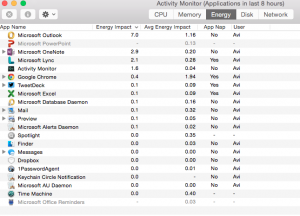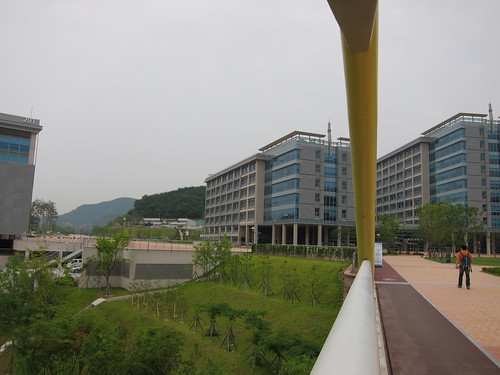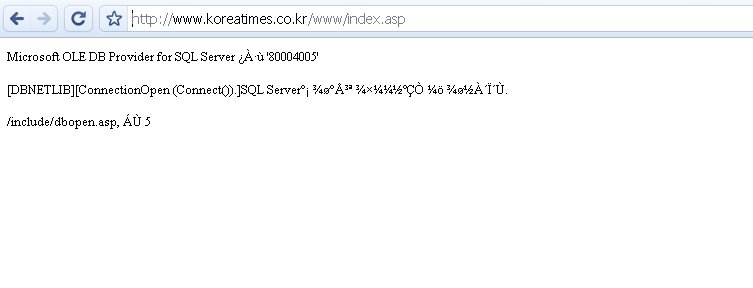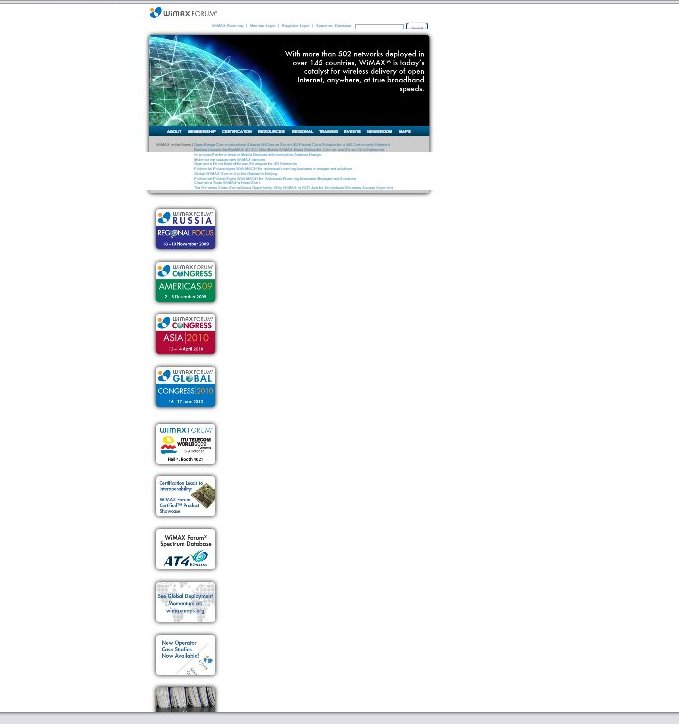Or maybe rather, the power of Marketing.
Although most of my work is Technical, discussing Technical details with extremely Technical people, I am sometimes surprised by the Power of Hype.
It is not about the latest SmartPhone or gadget, but it is sometimes about latest Technology trends. Even when there is not much behind it, I notice it is being discussed and considered because “people talk about it”.
One thing that I can’t do is “object the Hype”. I can explain it, talk about it, but I can’t say “this is Hype”, because I will be considered “uninformed” (or maybe “not cool”)








